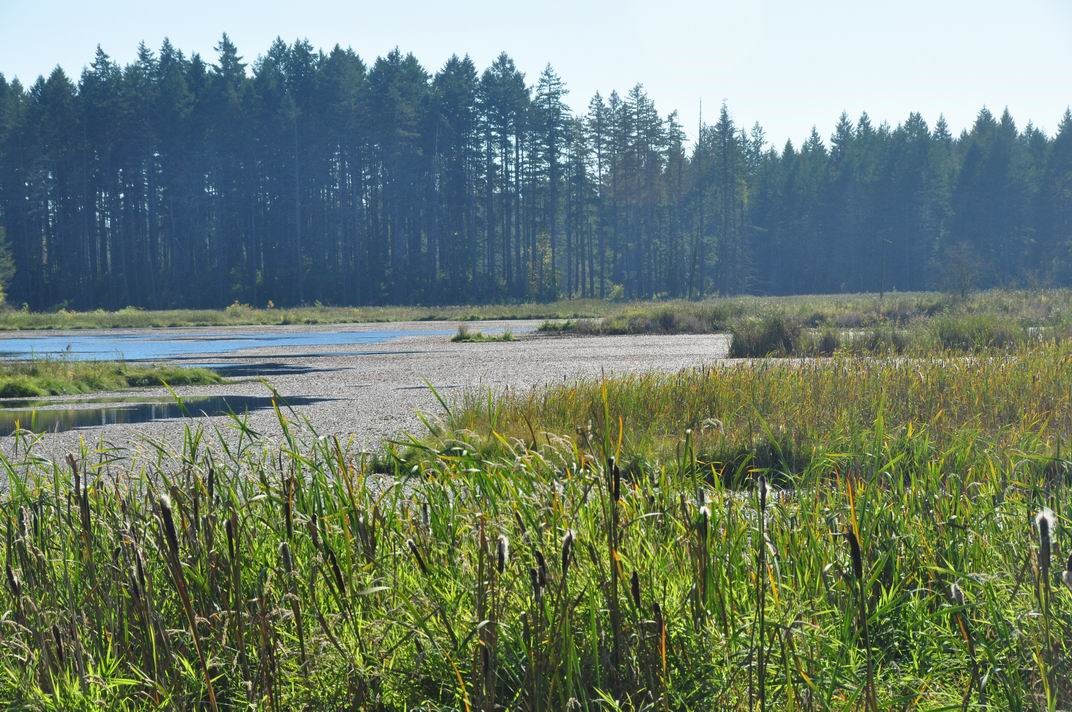by Claudia Finseth
HAPPINESS, FOR ONE THING
Last week the annual list of the happiest countries in the world came out. For the eighth time in a row that designation went to Finland. The United States of America came in way down the line. We are not, generally, a happy people.
One of the main reasons Finns identified for their happiness is there’s nature everywhere. And there is easy access to it. Built into their country is the rule known as Everyman’s Right, which opens nearly every forest, lake and seaside area for free to the people. There are studies that nature actually reduces stress and when you have less stress, it’s easier to be happy.
It’s also easier to be healthy. A recent article in Molecular Psychiatry explained this finding. Over and over again, psychological assessments show decreased stress and improved mood after being in nature. The physiological evidence shows time in nature can lead to a decreases in blood pressure, heart rate and the stress-related hormone, cortisol.
WHY HAVE WE TRIED SO HARD TO SAVE THE SPANAWAY MARSH?
Chris Morgan of KUOW’s The Wild says it’s time for us to start seeing the suburbs as neither city nor wilderness, but something in between which holds elements of both. Both elements deserve our respect and stewardship.
Our waterway is hallowed ground for those of us who appreciate and care about our environment. Many of us have been stewarding it for decades, working on our lakes or piece of creek front or pond or wetland to make it cleaner, healthier, more vibrant and welcoming to wildlife.
Most people in the county don’t know that. The Tacoma Rescue Mission doesn’t know that. In fact, the county itself no longer knows that, or it’s let profit, not the welfare of the people, become its motivation, too. After all, industry offers them money to side with it.
We’ve cleared noxious weeks, invasive weeds, purchased enzymes and bacteria to add to the water to help keep it clear, planted Garry Oaks and other native trees that provide habitat. Many of us put up boxes and consequently brought wood ducks back to our waterway.
For all we hear about the value of urban open space and wildlife, of clean water and replenishing aquifers and being very careful about building too densely too near to them, for our obviously hotter, dryer summers and other climate stresses, it’s time to make our environment a Pierce County priority.
Right now the prediction is that the aquifer under the Spanaway Marsh, which provides water to so many of Parkland-Spanaway’s residents, will go dry some time in the next decade. At this point little has been done by the county to restore salmon runs on their waterways. And an EIS—the Environmental Impact Statement so necessary to caring for our urban wilderness and wildlife—is still very hard to get. We have paid three times to go through the Hearing Examiner process only to have them all throw their metaphorical hands into the air and claim they can’t do anything.
We haven’t even talked about trees, yet.
Urban and suburban areas are being advised that the best thing they can do to cool our summers is to plant trees. So the loss of 900 trees in the heart of our community is going to affect its livability. And in more ways than increased heat.
The HeartMath Institute writes: “Nearly everyone feels a deep connection to trees – they seem to embody wisdom that transcends words. Trees are more than just part of the landscape; they are living, breathing sentinels of the earth, communicating in ways we are only beginning to comprehend.
HeartMath Institute has developed a new technology that reads the electrical signals in trees and the surrounding earth. Then, it feeds those signals to the cloud, where they are processed and displayed. This new technology allows us to “listen” to nature’s hidden language – an extraordinary step toward deepening our understanding of the interconnectedness of all life.”
WHAT GIVES US JOY
If we get to see them descend and hunt, we stop everything to look. I’ve seen them take fish in their talons without seemingly even getting a feather wet. I’ve watched a young eagle try to get hold of fluffy ducklings, while the the mother duck created such a ruckus of quacking and splashing, and those little ducklings, already with such strong instincts, hide, and the eagle had to give up. I’ve watched a mature eagle drop onto a full-size Canadian goose in my pond, and slowly lift it out and fifteen feet into the air before it dropped it for the weight. Examiner process to get an order for an EIS, and three times the Hearing Examiner has ruled that he has no right to require one.
I was so excited to hear we had black bear here in our urban marsh. To realize how well we had lived together—humans and bears—was a wonderful revelation. So when they were disrupted and ended up out on Spanaway Loop Road, the community feared for them. Feared they might get hit by a vehicle or authorities would come out and kill them. We don’t want them to leave or die. We want them here with us. So far, they have not been a danger, and we can keep it that way by giving them plenty of room to live their lives without needing to come into the peopled spaces.
I could tell you many more stories about river otters, beaver, mink, ducks, heron, deer, fish, crawdads, porcupines raccoons and other wildlife, all of which I consider blessings.
Watershed healing is needed across Pierce County. It’s been needed for a long time. Many of citizens and residents are working as hard on other streams and lakes and wildlife preservation as those of us on Spanaway Marsh have. Look around you. Become enlightened. Become an advocate too.
You, too, industry and development. Learn to see their value, too, instead of always working to destroy them.
THE OTTERS
River otters slide loopy-backed
Across my frozen little pond
On Spanaway-Chambers-Clover Creek.
Break dancers on a floor of melting ice,
Rubbing, rolling, hugging the pond,
Long, heavy tails like ship rudders.
Scratching ears with webbéd feet,
Nose-kissing with twitching whiskers,
Quick cuddle, mom and pups.
Then on the run again, they
Slither off the edge and disappear
Under ice in a game of tag.
A water pocket twenty yards on boils,
Paw-scrubbed faces emerge
And now they float like clouds,
Sniff the air, and slip out again,
For more games on the ice,
And me watching still as stone.
[end 110


